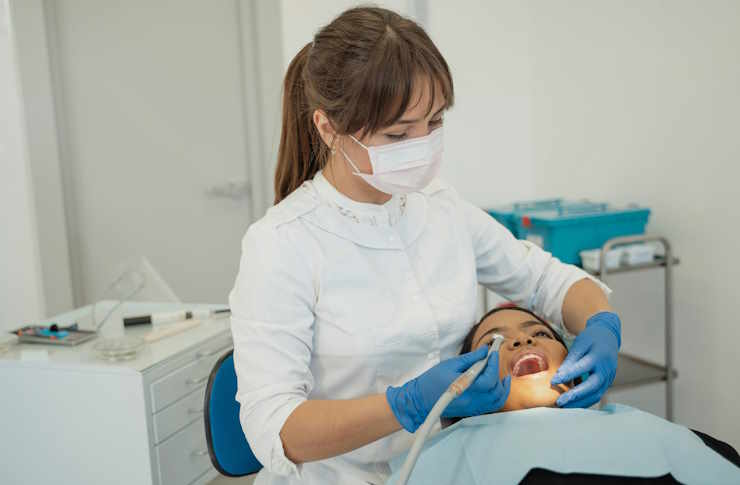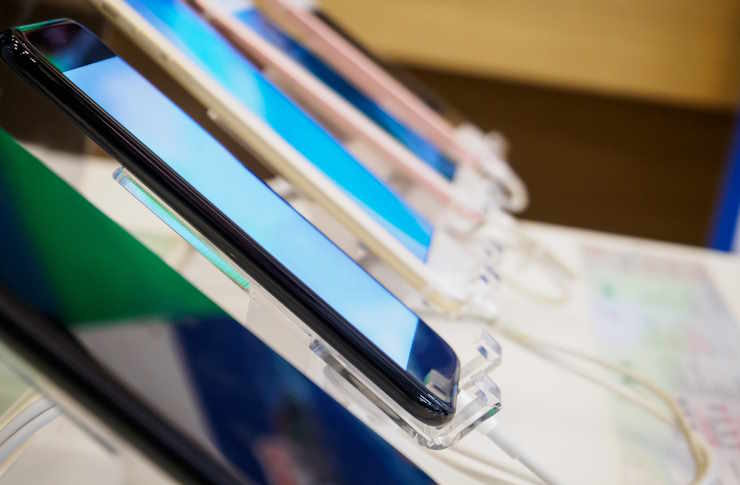Turkey vs USA Implants: Key Differences Explained
Americans weighing dental implants abroad often compare Turkey with U.S. care. This article explains the main differences in treatment approaches, package structures, and patient experiences, helping readers understand what to expect before making a decision.

What are the main differences in implant approaches?
The fundamental process of dental implant placement is similar in both Turkey and the USA, involving the surgical insertion of a titanium post into the jawbone, followed by the attachment of an artificial tooth. However, there are notable differences in the overall approach:
-
Treatment timeline: In the USA, the implant process typically follows a more conservative timeline, often spanning several months to allow for proper osseointegration (bone fusion) between appointments. Turkish clinics may offer accelerated treatment plans, sometimes completing the entire procedure in a single visit or a few days.
-
Technology and materials: Both countries generally use high-quality implant materials, but the USA tends to have stricter regulations on approved materials and technologies. Turkish clinics often advertise the use of cutting-edge technologies, sometimes adopting newer techniques more quickly than their US counterparts.
-
Personalization: US dentists typically emphasize highly personalized treatment plans, with extensive pre-operative planning and custom-made components. Turkish clinics may offer more standardized packages, though many still provide personalized care.
How do dental implant packages differ between countries?
The structure and content of dental implant packages can vary significantly between Turkey and the USA:
-
All-inclusive packages: Many Turkish clinics offer comprehensive packages that include not only the dental work but also accommodation, airport transfers, and even tourism activities. US practices generally focus solely on the dental procedure itself.
-
Follow-up care: In the USA, follow-up appointments and aftercare are typically included in the treatment plan and easily accessible. Turkish packages may include some follow-up care, but long-term support can be challenging for international patients.
-
Insurance and financing: US clinics often work with insurance providers and offer various financing options. Turkish clinics typically require upfront payment but at a lower overall cost, which may offset the lack of insurance coverage for international patients.
What considerations do U.S. patients highlight when comparing options?
When evaluating dental implant options between Turkey and the USA, patients often focus on several key factors:
-
Cost: The significantly lower price point in Turkey is a major draw for many patients, with savings potentially reaching 50-70% compared to US prices.
-
Quality of care: Concerns about the standard of care and regulation in foreign countries are common, though many Turkish clinics are accredited by international organizations.
-
Travel requirements: The need to travel internationally for treatment in Turkey, including associated costs and time off work, is a significant consideration for US patients.
-
Language and cultural barriers: Communication with healthcare providers and navigating a foreign healthcare system can be challenging for some patients considering treatment in Turkey.
-
Legal recourse: Patients often express concern about their ability to seek legal recourse in case of complications when treatment is received abroad.
What experiences do travelers report with U.S. and Turkey care?
Patient experiences with dental implant procedures in both countries vary widely:
-
Turkish care: Many patients report positive experiences, citing modern facilities, attentive care, and significant cost savings. Some praise the opportunity to combine dental work with a vacation.
-
US care: Patients often highlight the convenience of local treatment, established relationships with their dentists, and confidence in the regulatory standards of the US healthcare system.
-
Complications: While most procedures in both countries are successful, some patients report challenges with follow-up care after returning from Turkey, or difficulties addressing complications that arise post-treatment.
-
Overall satisfaction: Patient satisfaction seems high in both locations, with the choice often coming down to individual priorities regarding cost, convenience, and comfort with international travel for medical procedures.
What guidance is available for evaluating treatment options?
When considering dental implant treatment in Turkey or the USA, patients are advised to:
-
Research extensively: Investigate the qualifications, accreditations, and patient reviews of potential clinics and practitioners in both countries.
-
Consult local dentists: Seek opinions from dentists in your home country about your specific case and the implications of traveling for treatment.
-
Understand the full process: Ensure you have a clear understanding of the entire treatment plan, including pre-operative assessments, the procedure itself, and post-operative care.
-
Consider long-term care: Factor in the need for follow-up appointments and how these will be managed if you choose treatment abroad.
-
Evaluate all costs: Look beyond the procedure cost to include travel, accommodation, potential follow-up treatments, and any unforeseen expenses.
-
Check insurance coverage: Understand what your insurance will cover, both for treatment at home and abroad.
-
Prepare for contingencies: Have a plan in place for addressing potential complications, whether you choose treatment in the USA or Turkey.
In conclusion, the choice between dental implant treatment in Turkey or the USA involves weighing various factors including cost, quality of care, convenience, and personal comfort with international medical travel. While Turkey offers significant cost savings and all-inclusive packages, the USA provides the assurance of a familiar healthcare system and easier access to follow-up care. Ultimately, the decision should be based on thorough research, professional consultations, and careful consideration of individual circumstances and priorities.
This article is for informational purposes only and should not be considered medical advice. Please consult a qualified healthcare professional for personalized guidance and treatment.




